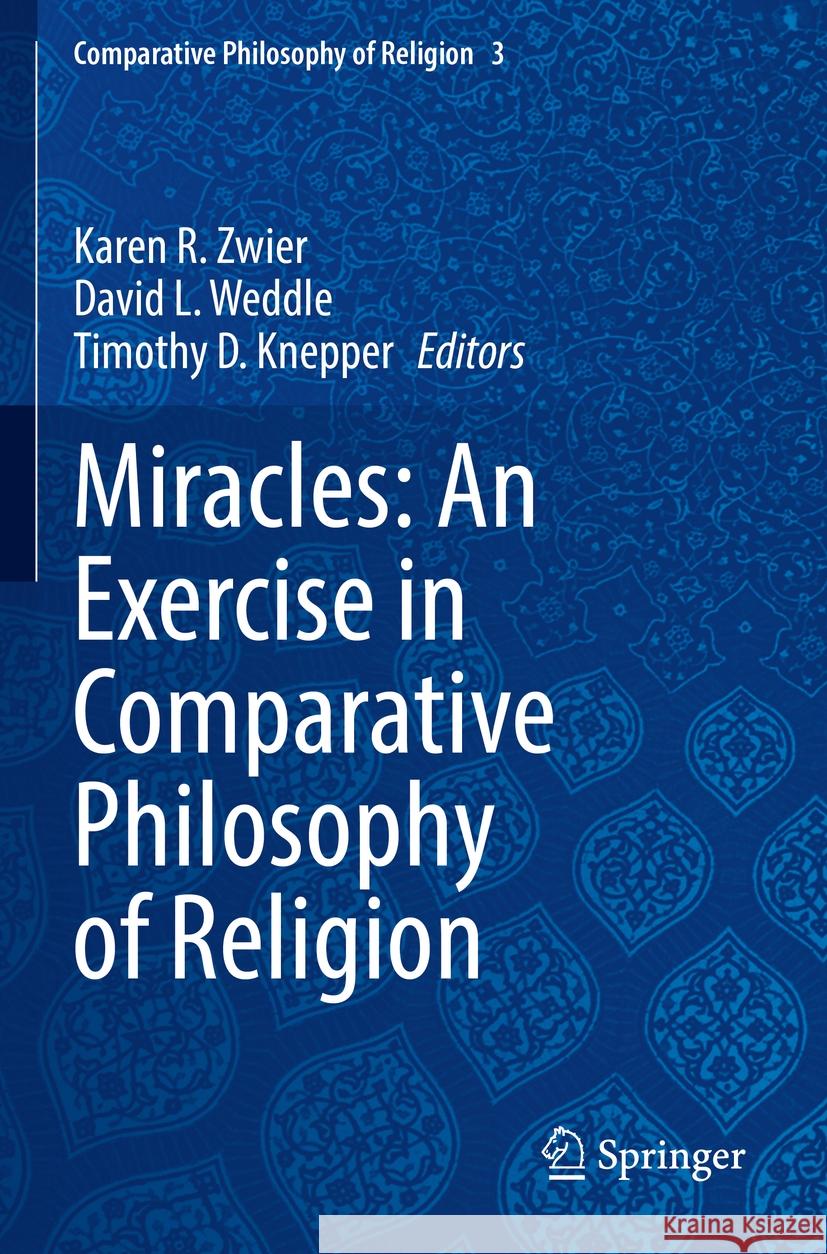Miracles: An Exercise in Comparative Philosophy of Religion » książka
topmenu
Miracles: An Exercise in Comparative Philosophy of Religion
ISBN-13: 9783031148675 / Angielski / Miękka / 2023
Miracles: An Exercise in Comparative Philosophy of Religion
ISBN-13: 9783031148675 / Angielski / Miękka / 2023
cena 483,04
(netto: 460,04 VAT: 5%)
Najniższa cena z 30 dni: 462,63
(netto: 460,04 VAT: 5%)
Najniższa cena z 30 dni: 462,63
Termin realizacji zamówienia:
ok. 22 dni roboczych.
ok. 22 dni roboczych.
Darmowa dostawa!
This volume provides a comparative philosophical investigation into a particular concept from a variety of angles—in this case, the concept of “miracle.” The text covers deeply philosophical questions around the miracle, with a multiplicity of answers. Each chapter brings its own focus to this multifaceted effort. The volume rejects the primarily western focus that typically dominates philosophy of religion and is filled with particular examples of miracle narratives, community responses, and polemical scenarios across widely varying religious contexts and historical periods. Some of these examples defy religious categorization, and some papers challenge the applicability of the concept “miracle,” which is of western and monotheistic origin. By examining miracles thru a wide comparative context, this text presents a range of descriptive content and analysis, with attention to the audience, to the subjective experiences being communicated, and to the flavor of the narratives that come to surround miracles. This book appeals to students and researchers working in philosophy of religion and science, as well those in comparative religion.
It represents, in written form, some of the perspectives and dialogue achieved in The Comparison Project’s 2017–2019 lecture series on miracles. The Comparison Project is an enterprise in comparing a variety of religious voices, allowing them to stand in dialogue.











